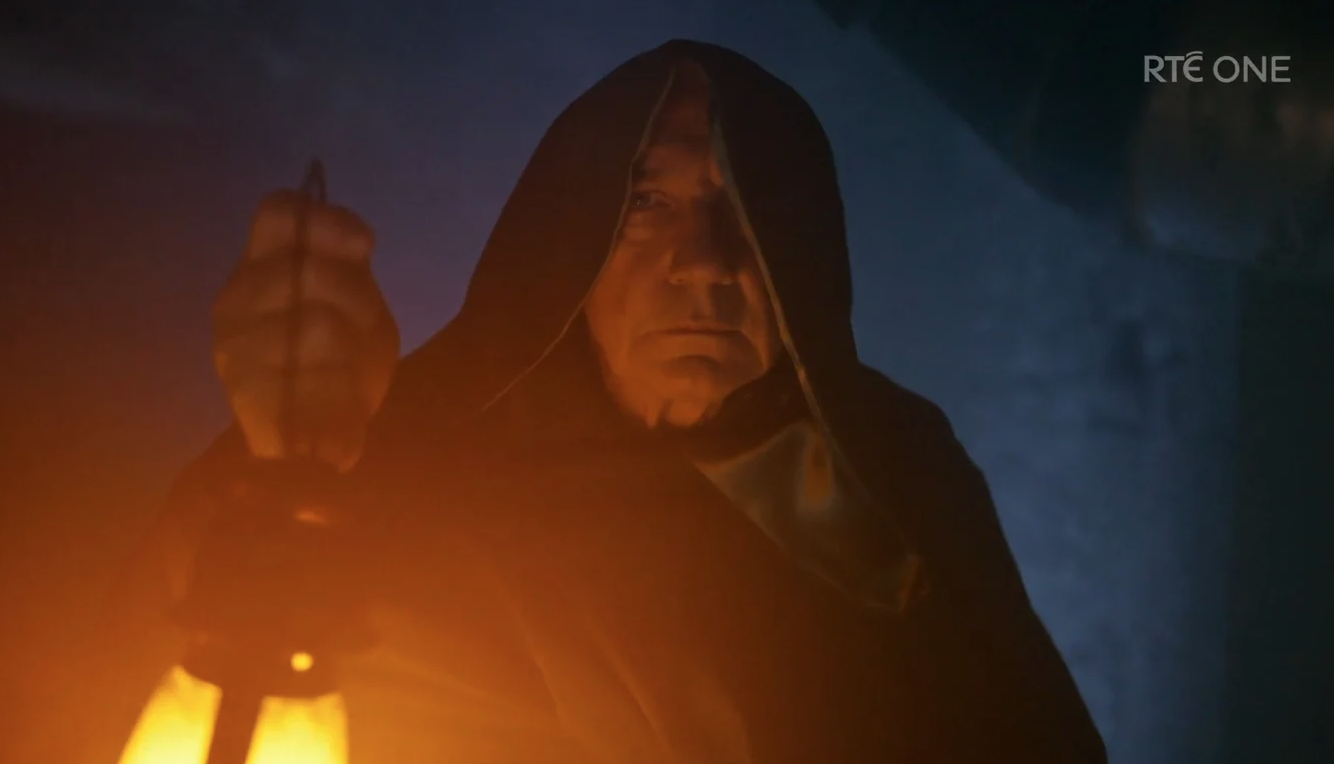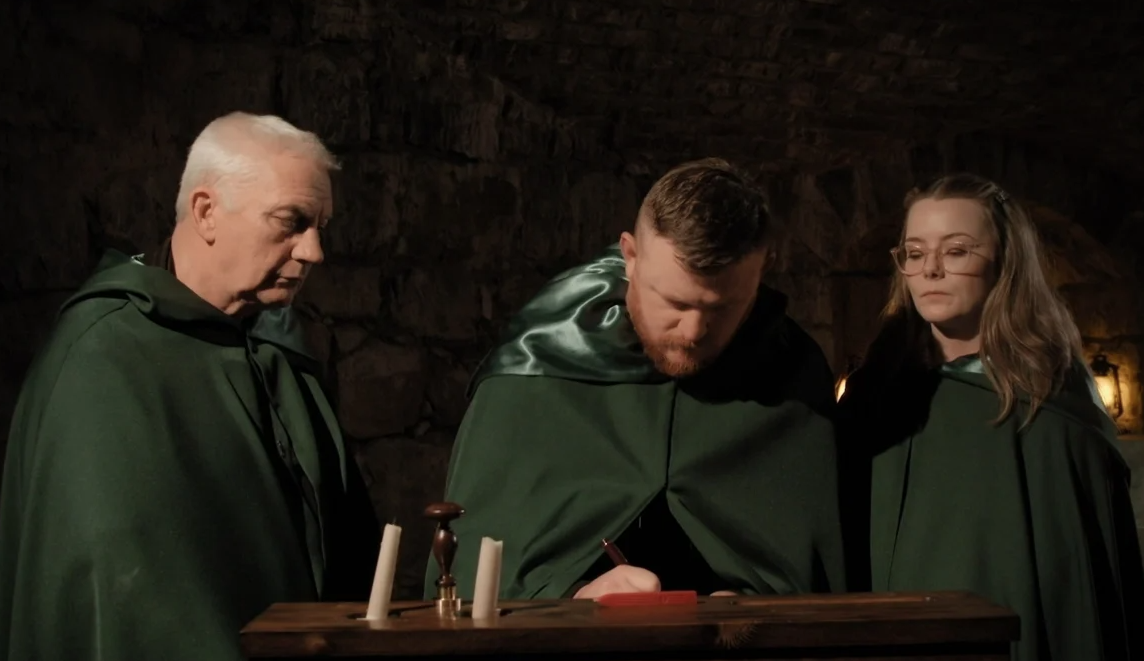In hit reality TV show The Traitors, deception is the name of the game – but do any of the contestants actually know what they’re looking for?
In real life, spotting deception isn’t just a parlour trick, it’s something that Gardaí and investigators are especially trained in.
Being able to spot the difference between a true story and a crock of lies can determine whether a criminal case will end in a conviction or an acquittal.
So, what are the main things to watch out for?
 Paudie from RTÉ's The Traitors. Image via RTÉ.
Paudie from RTÉ's The Traitors. Image via RTÉ.Investigator and forensic psychologist Geraldine Noone spent decades in policing and helped bring killer Graham Dwyer to justice.
She joined the Newstalk Daily podcast to analyse the strategy of The Traitors cast and offer insights into how professionals catch liars out.
“There’s very few of the competitors who seem to have any good grasp of what a lie might look like and how they might detect it,” she said.
“I suppose that’s only natural, that’s what is happening in the real world; lay people have a very poor understanding of what a lie might look like and how they might detect it.
“We know from research that 50% of a guess at a lie, it’s just right 50% of the time."
Ms Noone said that body language indicators that people often take as a sign of a lie – such as a person itching their nose or refusing to make eye contact – hold little to no weight.
“There is no one ‘Pinocchio's nose’ as they say in the real world, there’s no one reliable indicator of lying, it depends on the context, it depends on the circumstances,” she said.
“It depends on personality, the stakes, all of those things come into play – but certainly the body language or the non-verbal behaviour is the least reliable."
According to Ms Noone, while most people expect a liar to feel guilty or ashamed about lying, this is rarely the case if the liar feels justified in their behaviour.
 Paudie (L), Eamonn (M) and Katelyn (R) from RTÉ's The Traitors.
Paudie (L), Eamonn (M) and Katelyn (R) from RTÉ's The Traitors.When it comes to telling a good lie, Ms Noone said the key is to give away as little as possible – something that can be particularly difficult for Irish people.
“Most Irish people are terribly talkative, and if you’re talking, you’re going to give yourself away if somebody allows you to talk,” she said.
“The more you speak, the more you’re likely to let yourself down eventually if somebody is listening to what you’re saying.
“You could see that happening with the people did lie.
“I mean, they were talking away and they said, ‘Oh, what are we going to do tonight?’ Didn’t Eamonn say that at one point? Because he was just talking, talking.”
Ms Noone said investigators will often spot lies by having a suspect repeat their story multiple times in increasing levels of detail, or to have them retell the events from a different perspective.
Main image: Round table on RTÉ's The Traitors. Image via RTÉ.









